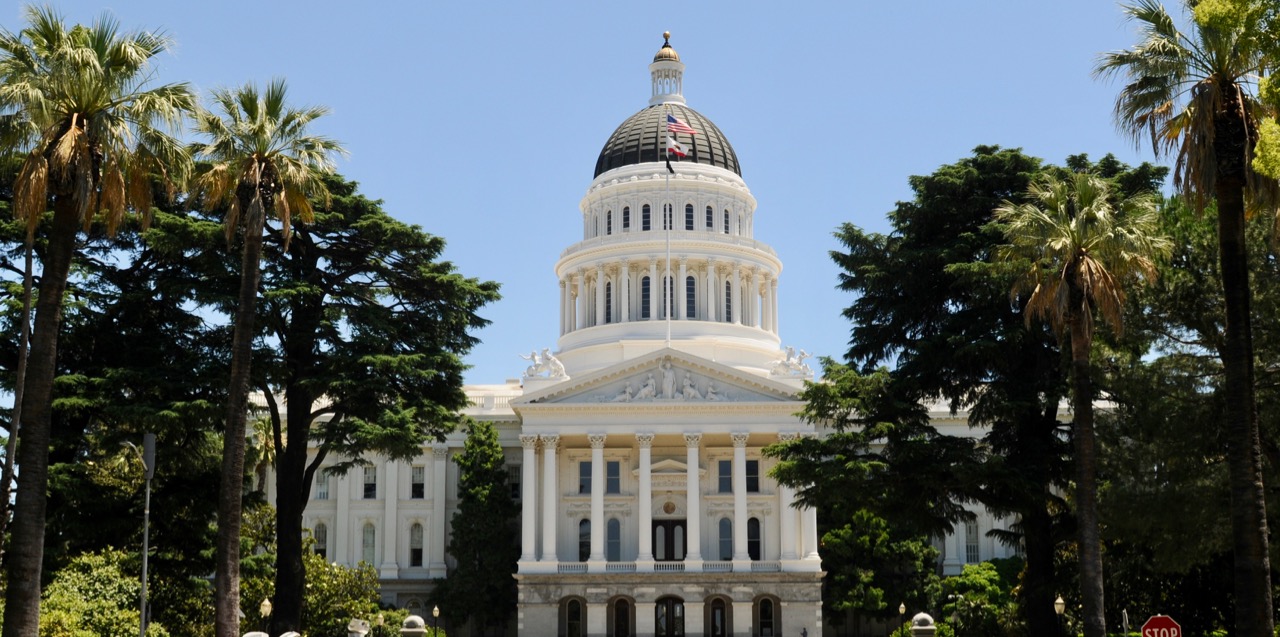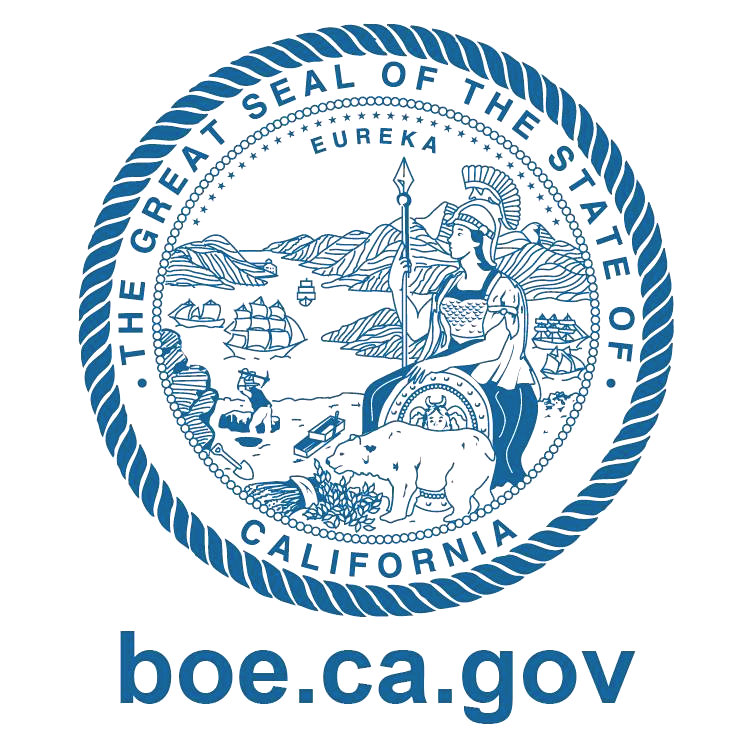
Role of the California Superintendent of Public Instruction
The state’s chief spokesperson for the state’s public schools
By Chris Micheli, August 26, 2019 6:05 am
The State Superintendent of Public Instruction (SPI) is the nonpartisan (originally partisan) elected executive officer of the California Department of Education. The SPI directs all functions of the Department of Education, executes policies set by the California State Board of Education, and also heads and chairs the Board.
In addition, he or she serves as the state’s chief spokesperson for public schools, provides education policy and direction to local school districts, and serves as an ex officio member of governing boards of the state’s higher education system.
Constitutional Provisions
There are several sections of the California Constitution dealing with the SPI. Article II, Section 6(a) provides that the SPI is nonpartisan. In addition, Article V has several provisions related to the SPI because this is the article dealing with the executive branch of state government.
Article 5, Section 5(b) provides that, whenever there is a vacancy in the office of the SPI, the Governor must nominate a person to fill the vacancy who must take office upon confirmation by a majority of the membership of the Senate and a majority of the membership of the Assembly and who will hold office for the balance of the unexpired term.
In the event the nominee for SPI is neither confirmed nor refused confirmation by both the Senate and the Assembly within 90 days of the submission of the nomination, the nominee then takes office as if he or she had been confirmed by a majority of the Senate and Assembly provided, however, that if such 90-day period ends during a recess of the Legislature, the period is extended until the sixth day following the day on which the Legislature reconvenes.
In Article 5, Section 14, the conflict of interest provisions apply to the SPI as he or she is a state officer.
Article IX of the state constitution deals with education and the SPI plays a prominent role in this regard. Section 2 provides that the SPI is to be elected by the qualified electors of the State at each gubernatorial election. The SPI enters upon the duties of the office on the first Monday after the first day of January next succeeding each gubernatorial election. Also, no SPI may serve more than 2 terms.
Pursuant to Section 2.1, the State Board of Education, on nomination of the SPI, must appoint one Deputy SPI and three Associate SPI who must be exempt from state civil service and whose terms of office are four years. Note that this section is not to be construed as prohibiting the appointment of additional Associate SPI subject to state civil service.
Article 9, Section 9 provides that the SPI is an ex officio member of the University of California corporation, also known as the Board of Regents for the UC system.
Statutory Provisions
There are numerous statutory provisions related to the SPI, particularly in the California Education Code. However, this article only examines those provisions that are contained in the Government Code.
In Section 7.6(e), the SPI may designate any person in his or her office holding a specified position to act as a deputy for the purposes of this law. However, the SPI may not appoint a person to act as a deputy for him or her at meetings of the State Board of Education, of the Regents of the University of California, or of the Trustees of the California State University.
In addition, pursuant to Section 7.9, the SPI may designate any deputy of his or her office to act in his or her place on any state board, commission, committee, or governing board of a state agency with respect to the exercise of statutory powers and duties of any of those bodies. The deputy, while sitting on a board, commission, committee, or governing board of a state agency may exercise the same powers that the SPI may exercise as if he or she were personally present.
The SPI designating a deputy must be responsible for the acts of the deputy acting under the designation in the same manner and to the same extent that the SPI is responsible for the acts of the deputy performing his or her official duties. The SPI may not appoint a person to act as a deputy for him or her at meetings of the State Board of Education, the Regents of the University of California, or the Trustees of the California State University.
Article 2 concerns vacancies and Section 1775 provides that, whenever there is a vacancy in the office of the SPI, then the Governor must nominate a person to fill the vacancy who will take office upon confirmation by a majority of the membership of the Senate and a majority of the membership of the Assembly and who shall hold office for the balance of the unexpired term.
However, in the event the nominee is neither confirmed nor refused confirmation by both the Senate and the Assembly within 90 days of the submission of the nomination, the nominee takes office as if he or she had been confirmed by a majority of the Senate and Assembly provided that, if such 90-day period ends during a recess of the Legislature, the period is to be extended until the sixth day following the day on which the Legislature reconvenes. Note that, after a vacancy has occurred in an office under this section, and prior to the time the vacancy is filled, the chief deputy to the constitutional officer must discharge the duties of the office.
Chapter 26 covers federal funding and Section 7561 provides that the SPI must be responsible for supervising education and related services for handicapped children specifically required pursuant to the federal requirements under the Education for All Handicapped Children Act of 1975. Nothing in this law can be interpreted to allow the SPI to prescribe health care services.
Chapter 26.5 deals with the interagency responsibilities for providing services to children with disabilities and Section 7570 makes it a joint responsibility of the SPI and the Health & Human Services Agency Secretary to ensure that children with disabilities are provided with designated instruction and services.
Section 7573 provides that the SPI must ensure that local education agencies provide special education and those related services and designated instruction and services contained in a child’s individualized education program that are necessary for the child to benefit educationally from his or her instructional program.
Chapter 13 establishes the California Broadband Council and specifies that the Council’s membership includes the SPI or his or her designee.
Section 15490 establishes the State Allocation Board, consisting of several individuals, including the SPI.
Section 95006 states that the California Early Intervention Services Act is to be administered under the shared direction of the Secretary of the Health and Human Services Agency and the SPI.
Chapter 2.7 covers energy conservation in public buildings and Section 15814.24 specifies that the SPI must apportion state aid equal to the amount necessary for each school district to meet its energy service contract obligation determined pursuant to law. It is the intent of the Legislature that these funds be appropriated annually as a part of the state’s general apportionment funds for kindergarten through grade 12 schools.
In addition, the law authorizes the SPI and the Controller to withhold from its annual apportionment the amount of funds necessary to satisfy its annual energy service contract obligation to the Public Works Board. And the SPI certifies the amounts determined to be the district’s proportional share of the energy service contract obligation as determined pursuant to state law.
Article 2 deals with specific costs mandated by the state and Section 17581.9 appropriates monies from the General Fund to the SPI for allocation to school districts and county superintendents of schools in the manner, and for the purposes, set forth in this law.
Article 9 deals with financial reports and Section 53892.1 specifies that the SPI must make available to the Controller data and other matters required by the law for the purpose of permitting the compilation of the financial transactions of school districts.
- Aquaculture Disease Control - March 5, 2026
- Stay of Appeals - March 4, 2026
- Liability for a Deceased Spouse’s Debt - March 4, 2026





13 thoughts on “Role of the California Superintendent of Public Instruction”